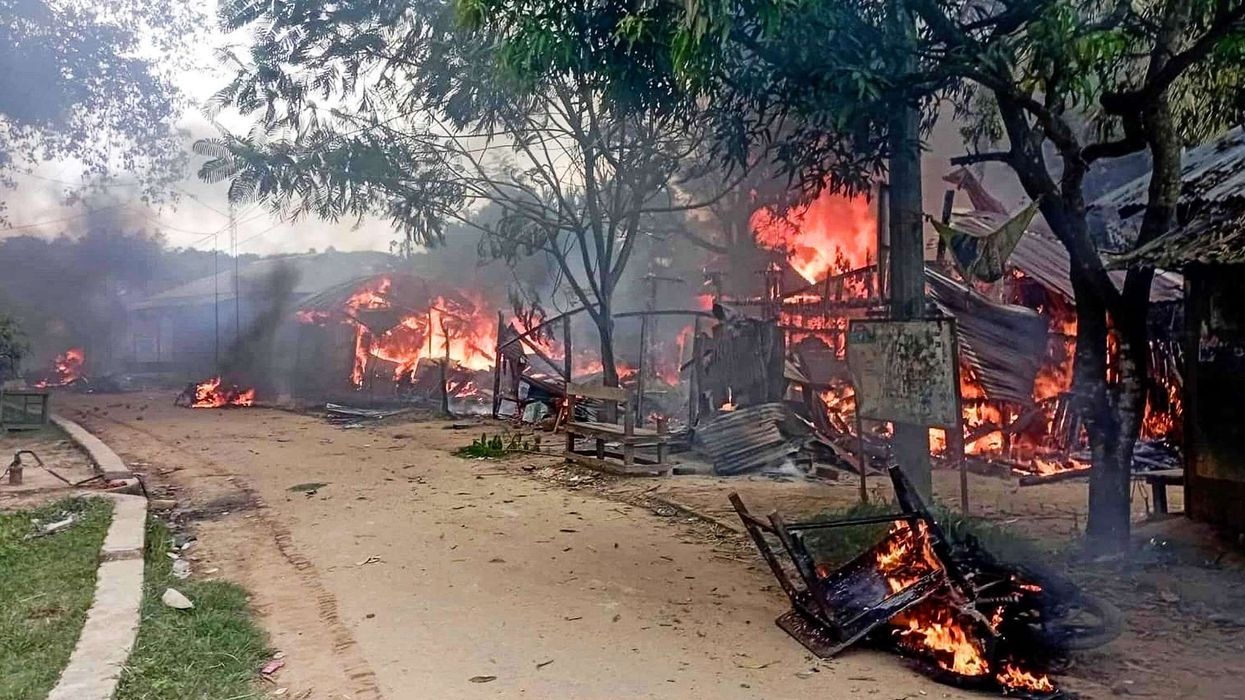AT LEAST three people were killed and dozens injured on Sunday in clashes in the Chittagong Hill Tracts of southeastern Bangladesh after protests over the alleged gang rape of a schoolgirl.
Violence spread from Khagrachhari town to Guimara despite restrictions and the deployment of security forces.
Police confirmed the deaths but did not disclose the identities of the victims. Witnesses reported homes and businesses were set ablaze during the clashes between Indigenous groups and Bengali settlers.
The home ministry said 13 army personnel and three policemen were among the injured.
Protesters alleged that the army fired on demonstrators, while the military denied responsibility and blamed the United People’s Democratic Front (UPDF), a rebel faction, for the violence. The interior ministry said weapons were being smuggled into the region from outside the country.
The unrest adds to political tensions as interim leader Muhammad Yunus prepares for elections in February, the first since Sheikh Hasina’s government was ousted in 2024.
Key takeaways:
Three deaths and dozens injured: Clashes broke out in Khagrachhari district following protests over the alleged rape of a schoolgirl. The violence spread to Guimara, 36 km away, despite the deployment of army, police and Border Guard Bangladesh personnel.
Victims not identified: Police confirmed three fatalities, but doctors at Khagrachhari Sadar Hospital did not clarify whether the dead were Indigenous people or Bengalis.
Rape case triggered unrest: The alleged gang rape took place on September 23. A Bengali teenager has been arrested with army assistance and is being held on six-day remand for questioning.
Blame and counter-blame: Protesters accused the army of opening fire on demonstrators. The army denied this and instead accused the UPDF rebel faction of instigating the clashes and firing shots.
Government response: Interior ministry chief Jahangir Alam Chowdhury said arms were entering the region from abroad. The home ministry pledged legal action against those responsible and urged residents to remain calm.
Background of unrest: The Chittagong Hill Tracts saw a decades-long insurgency that ended with the 1997 peace accord. Rebel groups like the UPDF rejected the deal and continue to demand autonomy, contributing to sporadic violence in the region.
(With inputs from agencies)





